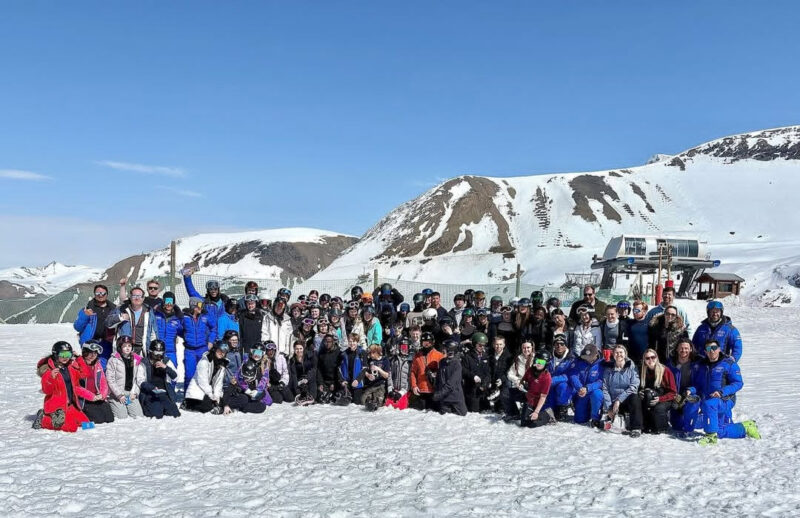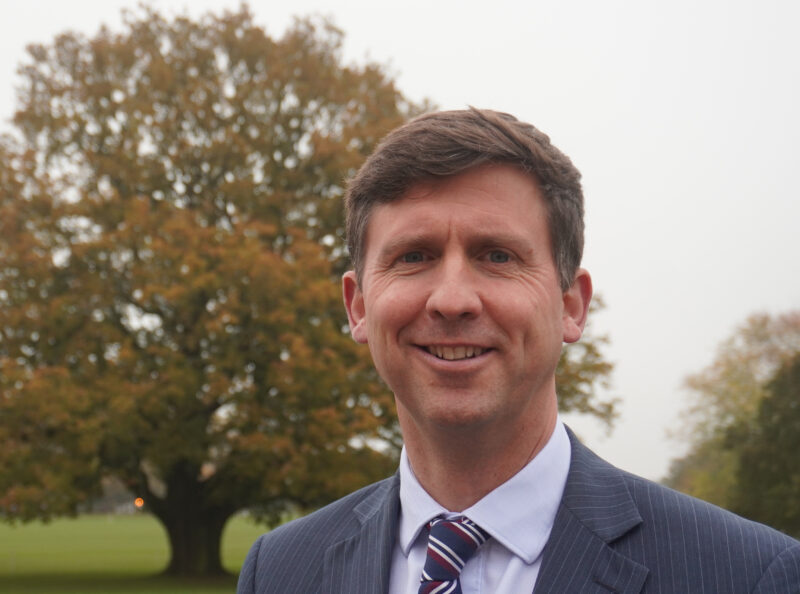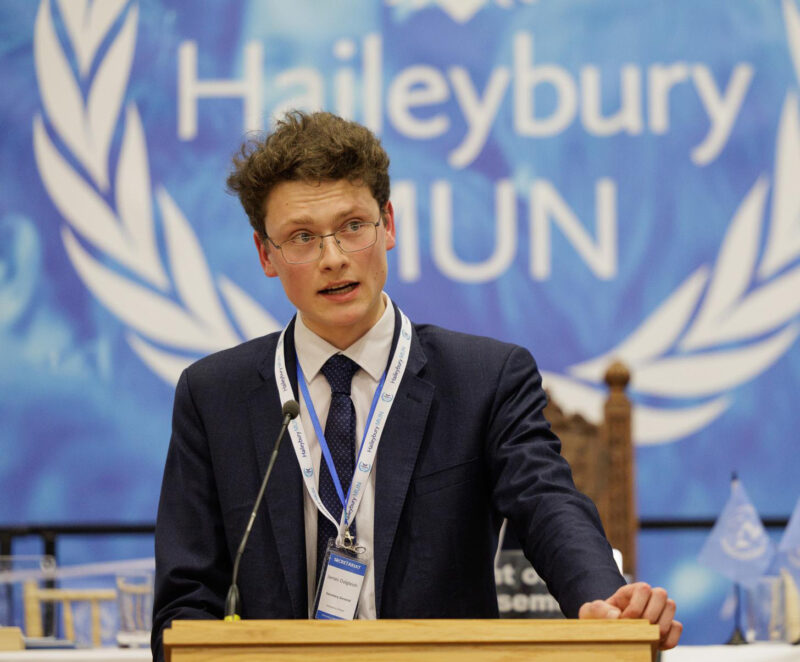This website uses cookies so that we can provide you with the best user experience possible. Cookie information is stored in your browser and performs functions such as recognising you when you return to our website and helping our team to understand which sections of the website you find most interesting and useful.
Haileybury set to become first European secondary school in space
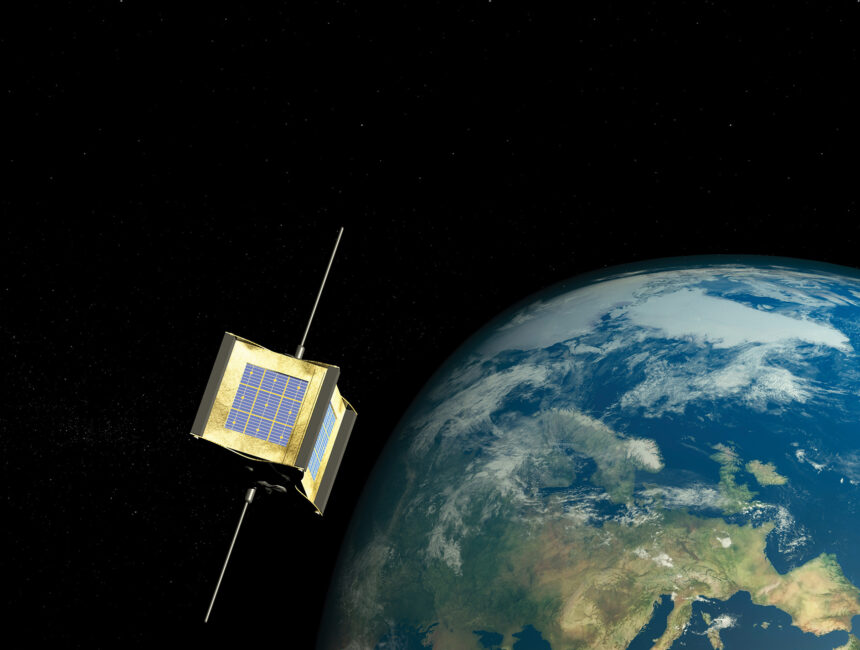
PRESS RELEASE
20 November 2024
Haileybury, one of the UK’s leading co-educational independent boarding and day schools, has launched a space programme – and is aiming to become the first school in Europe to launch a satellite. The space mission, led by pupils at Haileybury, has been set up in an exciting partnership with British multinational aerospace company, BAE Systems.
The programme’s aim is to launch a mini satellite, known as CubeSat, into space. The pupils have chosen to install an optical camera inside, which will gather essential data from high above Earth on the impacts of global warming, including deforestation and wildfires. The intention is for this information to contribute to the worldwide efforts to protect the planet from climate change.
Many schools have tried to launch a satellite into orbit since the 1990s, but none have succeeded to date. If Haileybury becomes the first to achieve this, its pupils will be placed at the forefront of space education in Europe. It will also create a model that schools around the world can use to provide similar opportunities for their pupils.
There are more than 30 Haileybury pupils aged 12 to 18 involved in the project. It is not only enhancing their knowledge and application of subjects such as engineering and physics but more widely in project management. For example, pupils have established a management structure with committees focused on areas like finance, technical support, and communications to help ensure the programme’s success.
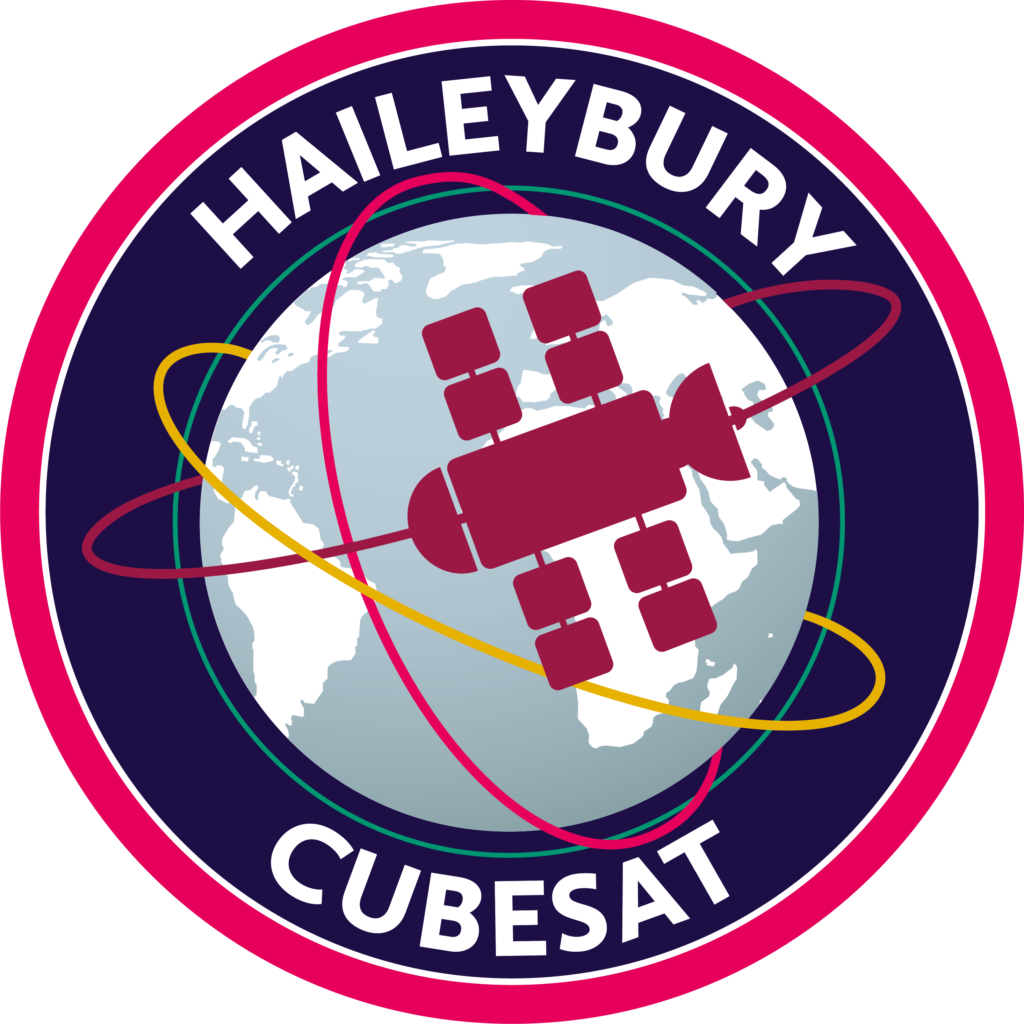
BAE Systems Digital Intelligence division has come on board to advise pupils. The organisation’s specialists will deliver insightful lectures at the School once a month and teach pupils about the technical aspects of the mission, from how to power their CubeSat using solar energy to providing guidance on satellite computing.
BAE Systems, through this work, hopes to inspire and cultivate the next generation of aerospace engineers and encourage more young people to enter a career in aerospace and associated fields.
So far, Haileybury pupils have created a 3D model, developed plans for the main build, and presented it to industry experts including representatives from the UK Space Agency. They are now working with BAE to bring their vision to life and secure a rocket to launch their CubeSat.
Eugene du Toit, Master of Haileybury, said:
“At Haileybury, we are committed to providing our pupils with extraordinary opportunities such as this space mission. This project is an example of how our pupils work with our dedicated team of staff to achieve remarkable outcomes. Whenever possible, we want our pupils to enrich their learning through research that has real-world impact and connects them with experts in the field. We want our pupils’ learning to inspire them and support them in developing skills which will see them thriving in their future careers.
We look forward to seeing the CubeSat programme developing as we work with BAE Systems and the UK Space Agency during the year ahead.”
Pupils, partners and VIPs gathered at the 20 November CubeSat launch event.
Markos Trichas, Head of Secure Space at BAE Systems, said:
“The space sector is on a steep upwards trajectory. But in order for the UK to remain at the forefront of space innovation, we must start engaging with the generations that will shape the future of our industry as early as possible to build a pipeline of future talent. We’re proud to be supporting the next generation of space experts at Haileybury College helping to develop the right skills and encouraging them to shoot for the stars.”
The commitment to groundbreaking research is embedded in Haileybury’s ethos. Alongside the CubeSat mission, the School has built a new Research Centre which is home to other international and pioneering research that pupils are a part of, including the prestigious Stan-X project. This partnership with scientists from Stanford University in the US involves a revolutionary study of genetics using fruit flies, contributing to efforts to find cures for diseases such as diabetes and pancreatic cancer.
For more information on Haileybury and the CubeSat mission, please visit: www.haileybury.com/scitech-latest-news/
